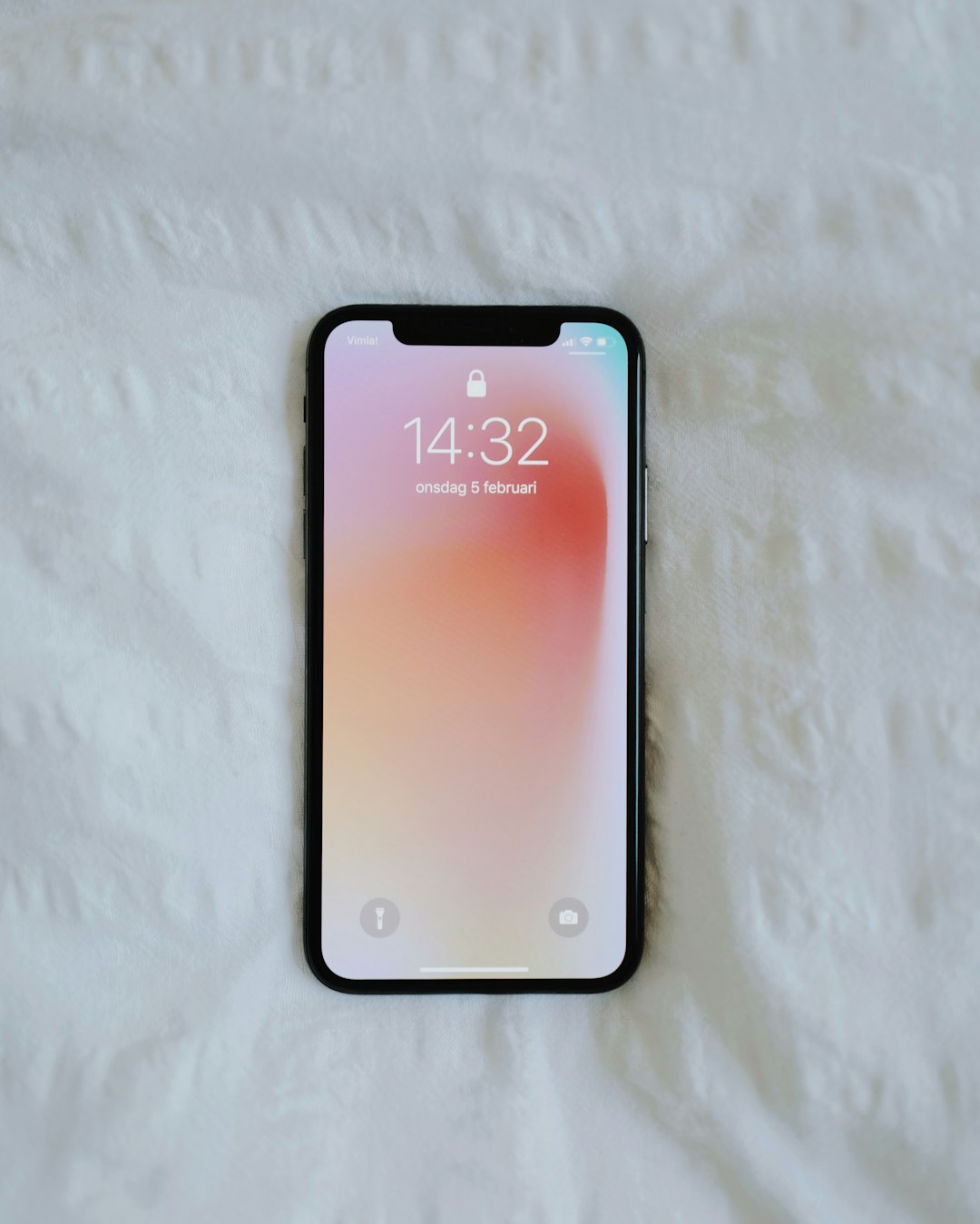Robocalls pose significant risks to Los Angeles consumers, with scammers evolving tactics despite legal protections from the FCC. Specialized lawyers for spam call Los Angeles guide residents through complex laws, while tech companies develop AI-driven solutions like caller ID blocking and multi-factor authentication to combat this growing problem. Collaboration between legal professionals and technology firms creates a safer digital environment, empowering consumers against unwanted calls.
In today’s digital age, Los Angeles residents are facing an increasing nuisance from robocalls. This article delves into the growing concern of automated spam calls affecting LA consumers and explores the multifaceted approach needed to combat this issue. We examine the legal landscape surrounding anti-spam call regulations, dissecting the role technology companies play in identifying and blocking unwanted calls at their source. Additionally, we empower Los Angeles residents with knowledge on consumer protection measures and discuss innovative solutions for a safer, quieter future. For a lawyer specializing in spam calls in LA, this piece offers valuable insights into navigating this complex issue.
Robocalls in LA: A Growing Concern for Consumers

In recent years, robocalls have become a growing concern for consumers in Los Angeles. With the proliferation of automated phone systems, residents are increasingly bombarded with unsolicited calls from telemarketers and scam artists. These robocalls often pose significant risks, from financial loss to privacy invasion. According to reports, many Los Angelenos find themselves on the receiving end of repeated spam calls daily, making it a pressing issue that demands attention.
The impact of this deluge of automated calls extends beyond mere annoyance. Many residents fall victim to scams, leading to substantial financial losses and increased security vulnerabilities. As technology advances, so do the tactics employed by these unscrupulous callers, making it crucial for consumers to be informed and protected. Seeking legal aid from a knowledgeable lawyer for spam calls in Los Angeles can help combat this growing problem.
The Legal Landscape: Anti-Spam Call Regulations

In the legal landscape, technology companies play a pivotal role in combating robocalls affecting LA consumers by adhering to stringent anti-spam call regulations. These rules, enforced by bodies like the Federal Communications Commission (FCC), are designed to protect individuals from unwanted and deceptive telemarketing practices. Los Angeles residents often turn to a lawyer for spam call services when dealing with persistent or illegal robocalls. Such legal professionals help navigate the complex web of regulations, ensuring compliance and providing avenues for recourse against offending entities.
The FCC has implemented various measures, including Do-Not-Call registries and requirements for caller ID transparency, to empower consumers. Technology companies contribute by utilizing advanced call routing systems and AI algorithms to block or filter spam calls at the network level. These proactive steps not only safeguard consumers but also foster trust in the digital communication ecosystem, making it a more secure space for all Los Angeles residents.
Technology's Role: Stopping Spam Calls at Source

Technology plays a pivotal role in combating robocalls and spam calls affecting consumers in Los Angeles. With advancements in artificial intelligence (AI) and machine learning, tech companies are developing sophisticated systems to identify and block unwanted phone communications at their source. These technologies can analyze patterns and signatures of robocalls, allowing for more effective filtering and blocking before the calls reach individual consumers.
Many technology solutions involve call authentication protocols and number screening techniques that help distinguish legitimate calls from spam. By implementing these measures, tech firms are fostering a safer communication environment for Los Angeles residents, who often fall victim to fraudulent or invasive robocalls. A lawyer for spam call Los Angeles can further assist in holding these tech companies accountable for their role in protecting consumers from such unwanted intrusions.
Consumer Protection: Empowering Los Angeles Residents

In the dynamic landscape of modern communication, consumer protection has become an paramount concern, especially regarding robocalls. Los Angeles residents face a constant influx of unwanted and nuisance calls, often disguised as legitimate business communications. Here, technology plays a pivotal role in empowering consumers against this growing issue. Advanced caller ID systems and artificial intelligence-driven call blocking apps are becoming ubiquitous, allowing LA folks to identify and prevent spam calls at an unprecedented rate.
Moreover, legal initiatives led by consumer advocacy groups and supported by concerned citizens have resulted in stricter regulations for call centers and robocallers. A lawyer for spam calls in Los Angeles can guide residents on their rights and help navigate the complex web of telecommunications laws. This collective effort not only safeguards consumers but also fosters a more transparent and accountable communication ecosystem, ensuring that LA remains a city where technological advancements serve to protect its citizens rather than infringe upon their privacy.
Future Solutions: Preventive Measures & Innovations

As technology evolves, so do the methods used by scammers and robocallers. To combat this growing issue, tech companies are pioneering innovative solutions that offer a more promising future for Los Angeles consumers. One key approach involves implementing advanced spam detection algorithms that can identify and block calls in real time, ensuring users’ peace of mind. These systems learn from patterns and user feedback, continually improving their accuracy.
Additionally, the development of robust verification processes is essential. Tech giants are collaborating with telecoms to create multi-factor authentication methods, making it harder for bots to impersonate human users. By combining biometric data, security questions, or unique codes, these measures can significantly reduce successful robocalls and protect consumers from legal repercussions often associated with spam calls, as highlighted by a lawyer for spam call Los Angeles.






